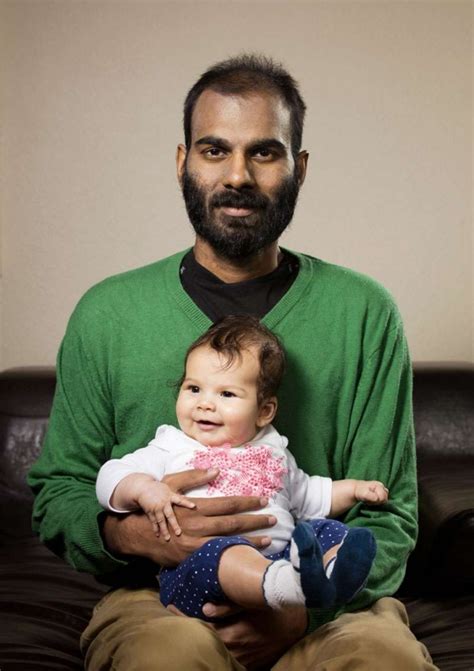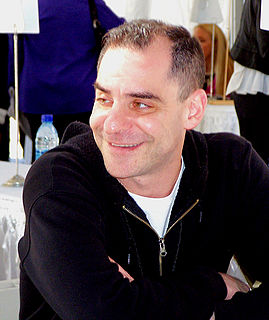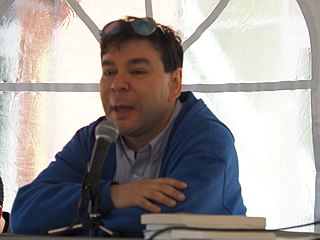A Quote by Susannah Cahalan
For me, I think that there's a lot missing from the recovery or the post-diagnosis side of treating patients. Once the diagnosis is made, I feel that care drops off tremendously, even though it is precisely the time that a patient needs help the most, even if they are not verbalizing it.
Related Quotes
Few diseases present greater difficulties in the way of diagnosis than malignant endocarditis, difficulties which in many cases are practi- cally insurmountable. It is no disparagement to the many skilled physicians who have put their cases upon record to say that, in fully one-half the diagnosis was made post mortem.
I have sat with countless patients and families to discuss grim prognoses: It's one of the most important jobs physicians have. It's easier when the patient is 94, in the last stages of dementia, and has a severe brain bleed. For young people like me - I am 36 - given a diagnosis of cancer, there aren't many words.
There's a classic medical aphorism: 'Listen to the patient; they're telling you the diagnosis.' Actually, a lot of patients are just telling you a lot of rubbish, and you have to stop them and ask the pertinent questions. But, yes, in both drama and medicine, isolated facts can accumulate to create the narrative.
Money spent on vegetative patients is money not spent on preventive care, such as flu shots and mammograms. Each night in an ICU bed for such patients is a night that another patient with a genuine prognosis for recovery is denied such high-end care. Every dollar exhausted on patients who will never wake up again is a dollar not devoted to finding a cure for cancer.































